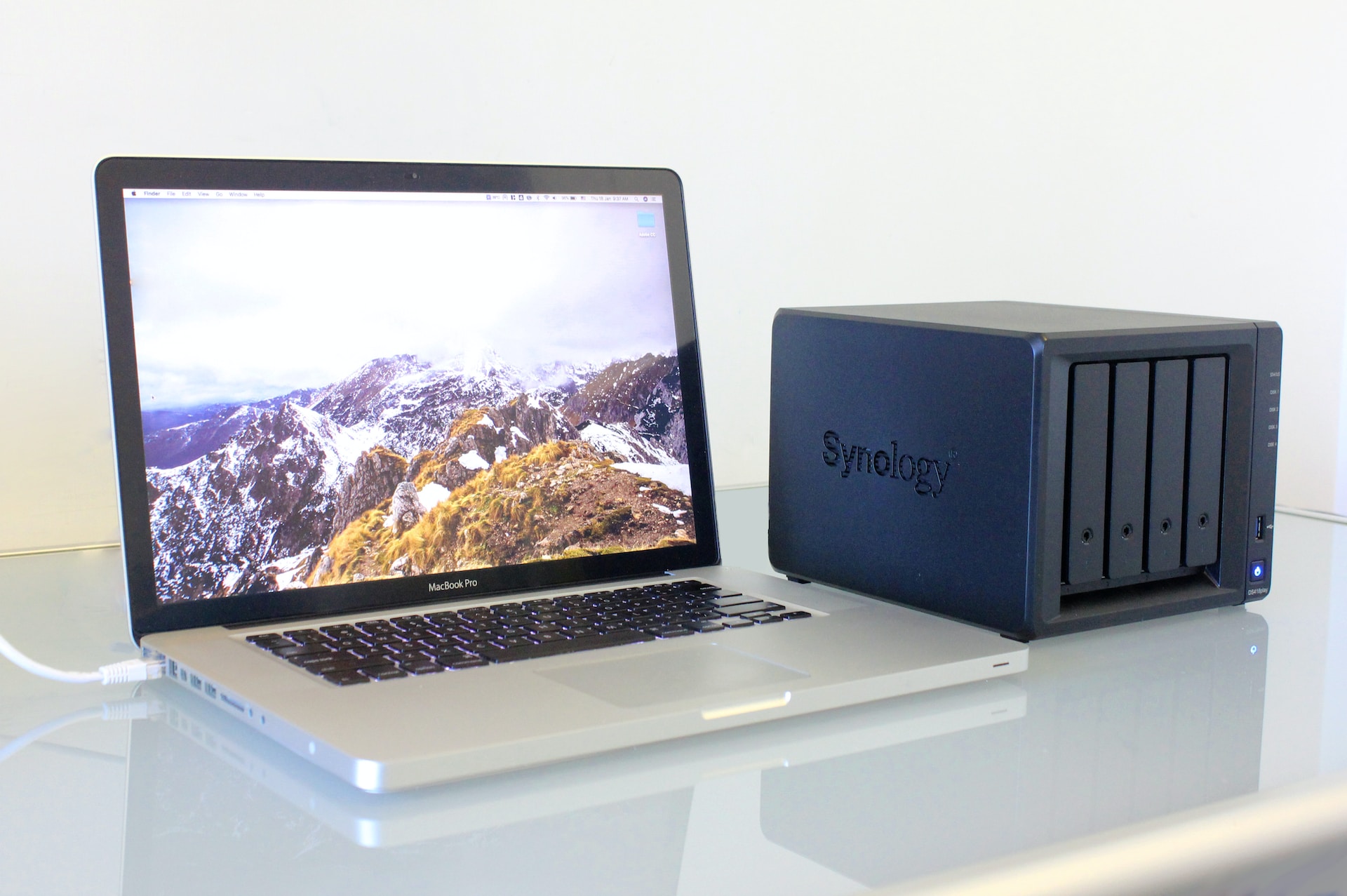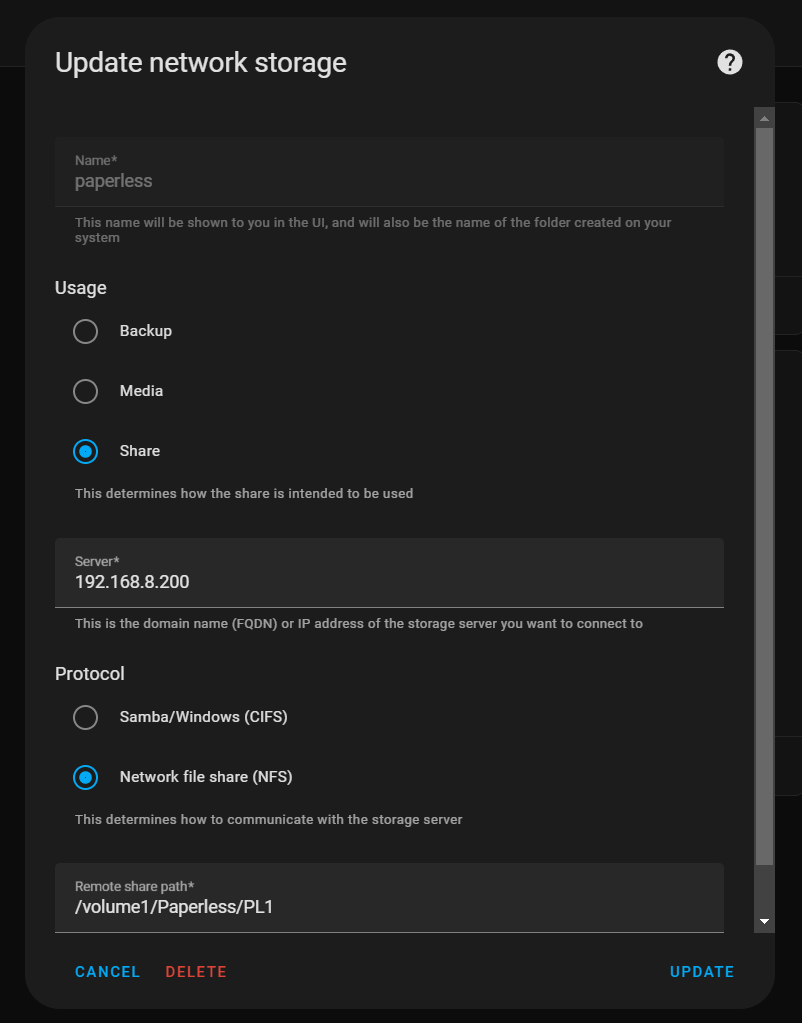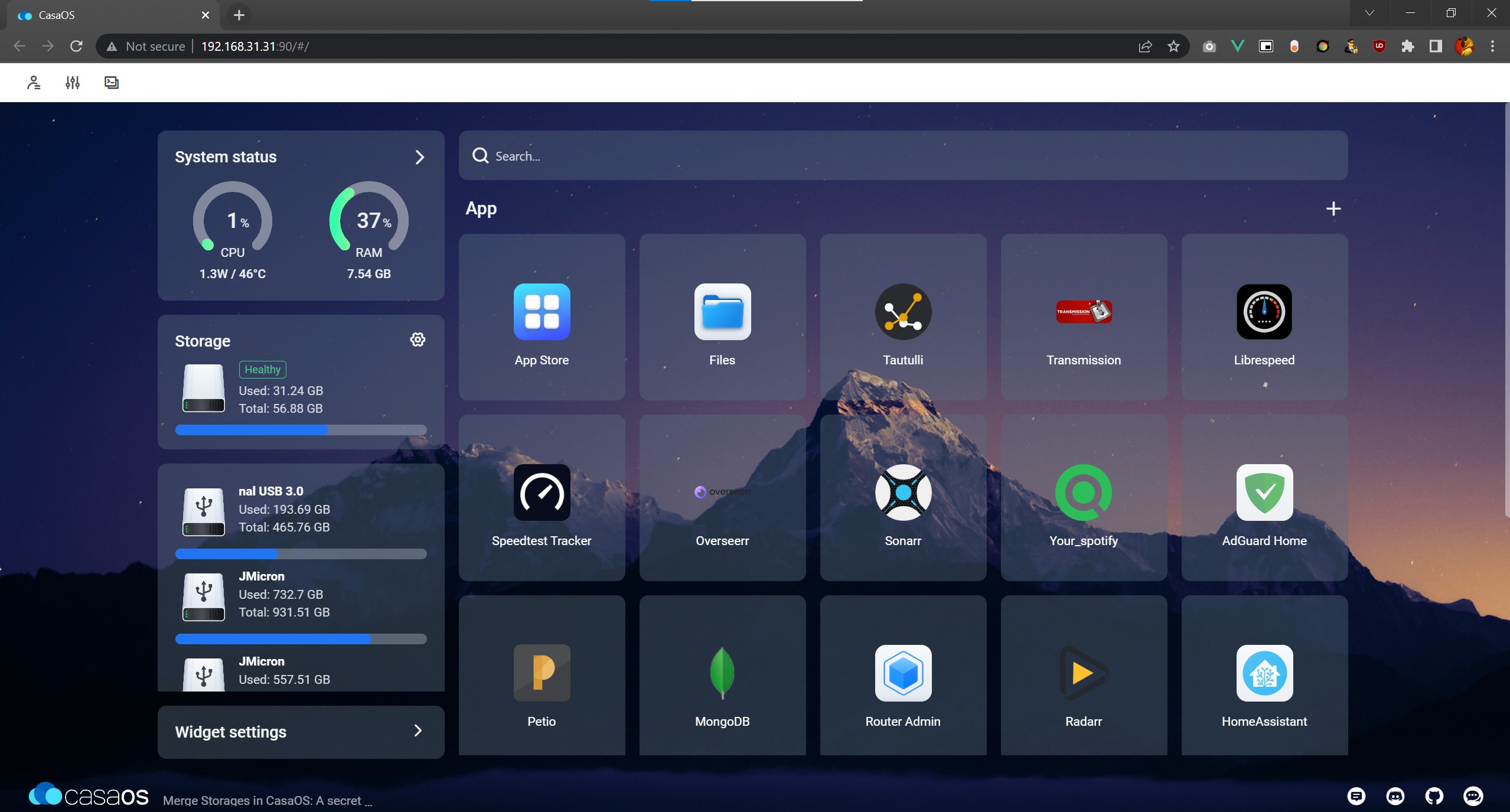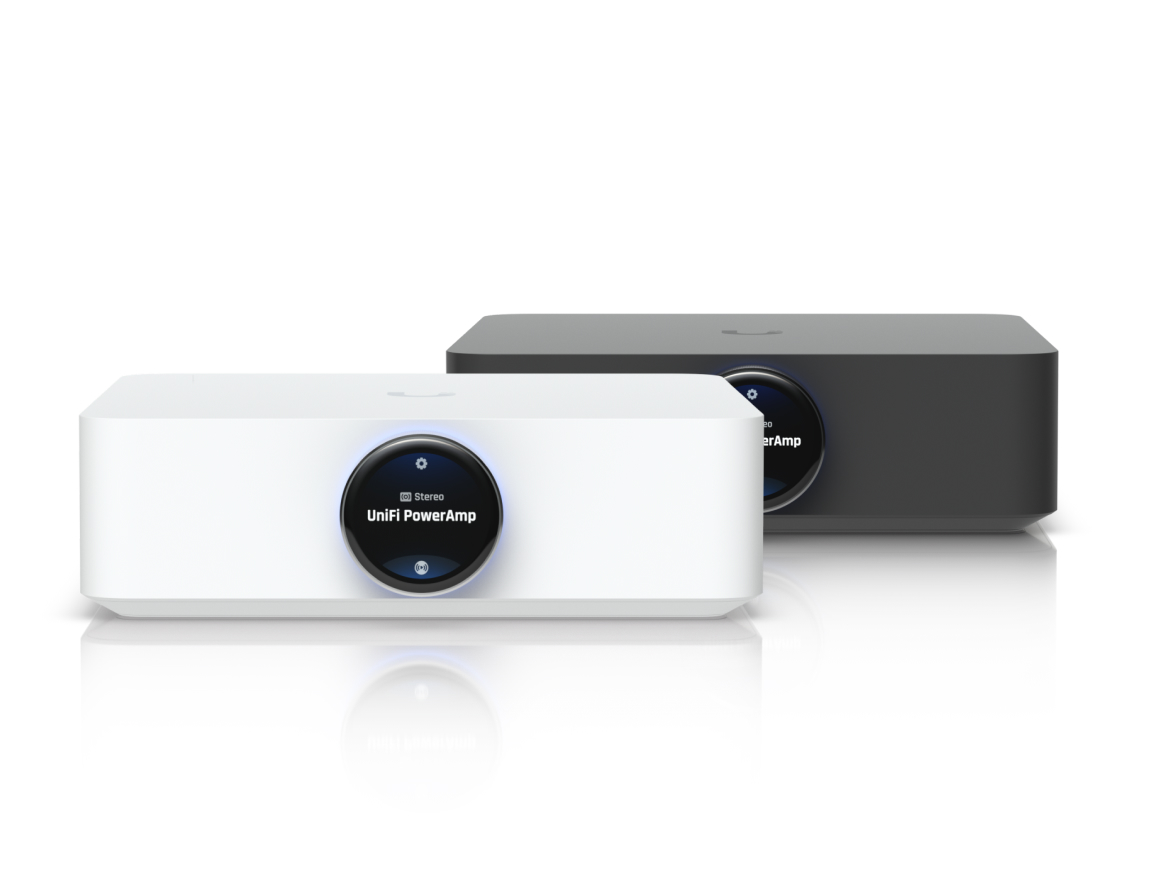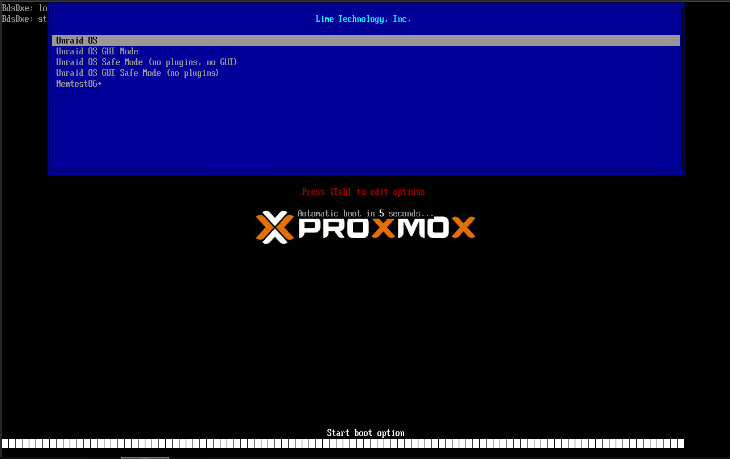Some of the links shared in this post are affiliate links. If you click on the link and make a purchase, we will receive an affiliate commission at no additional cost to you.
A “homelab” is a private environment, often set up in a home or office space, which is used to carry out IT experiments, learning processes and technical projects. Essentially, it is a laboratory for technical experiments and development projects that is set up at home. Homelabs can be run by an individual or a group of tech enthusiasts and provide a platform for testing new technologies, learning IT skills and developing projects.
What is a Homelab?
Definition
A home lab comprises a collection of hardware and software that is operated in a private environment. This can range from simple network devices, servers and PCs to more complex setups with virtualization technologies, network storage systems (NAS) and cloud services. The specific configuration of a home lab varies depending on the operator’s interests and objectives.
Components
Typical components of a home lab can include
- Server: Physical servers or virtual machines that are used for various purposes, such as web hosting, database management or virtualization.
- Network devices: routers, switches and access points that provide the network infrastructure.
- Storage solutions: NAS devices or RAID systems for storing and managing data.
- Plastics and accessories: rackmount enclosures, UPSs (uninterruptible power supplies) and cooling systems.
Why you have a Homelab
Learning and training opportunities
A Homelab offers the opportunity to learn and test new technologies and IT skills in a practical environment. It enables the testing and understanding of complex systems without the risks or costs associated with working in a production environment. This is particularly valuable for IT professionals, students and technology enthusiasts looking to expand their skills.
Experimenting and testing
With a Homelab, users can test new software, operating systems and technologies without fear of impacting their production systems or their stability. This is ideal for testing beta versions, researching new tools or developing individual solutions.
Development of projects
A Homelab provides the infrastructure to develop and run personal or professional projects. This can include anything from self-hosted websites and databases to complex network applications and automation solutions.
Data management and backup
Homelabs allow users to manage their data and perform backups in a controlled environment. This can be done by using NAS devices or redundant storage systems that ensure secure and reliable storage of important data.
Cost savings
For certain applications, a Homelab can be cost-effective. Instead of using expensive cloud services or external hosting solutions, users can use their own hardware to save costs, especially when it comes to regular or resource-intensive tasks.
Benefits of a Homelab
Technical competence and skills
Running a Homelab promotes technical know-how and practical skills. By solving real-world problems and experimenting with different technologies, users develop a deeper understanding of IT systems and how they work.
Flexibility and customization
A Homelab makes it possible to customize the infrastructure according to your own needs and interests. Users can implement special software stacks, network configurations and security measures that are tailored to their individual requirements.
Security and control
By operating their own home lab, users retain complete control over their IT environment and its security. They can customize security protocols, segment networks and implement data encryption to protect their systems.
Community and networking
Homelabs offer the opportunity to exchange ideas with other technology enthusiasts and learn from their experiences. Many homelab operators participate in online forums, communities and meetups to share knowledge and benefit from each other.
Innovation and creativity
The freedom to experiment with different technologies and concepts promotes innovation and creativity. Users can develop their own solutions, test new ideas and find innovative approaches to technological challenges.
Conclusion
A homelab is a valuable resource for tech enthusiasts, IT professionals and learners looking to expand their skills and gain hands-on experience. It offers numerous benefits, including learning opportunities, flexibility, security and cost savings. With the opportunity to test new technologies and develop individual projects, Homelabs contribute significantly to professional and personal development.

